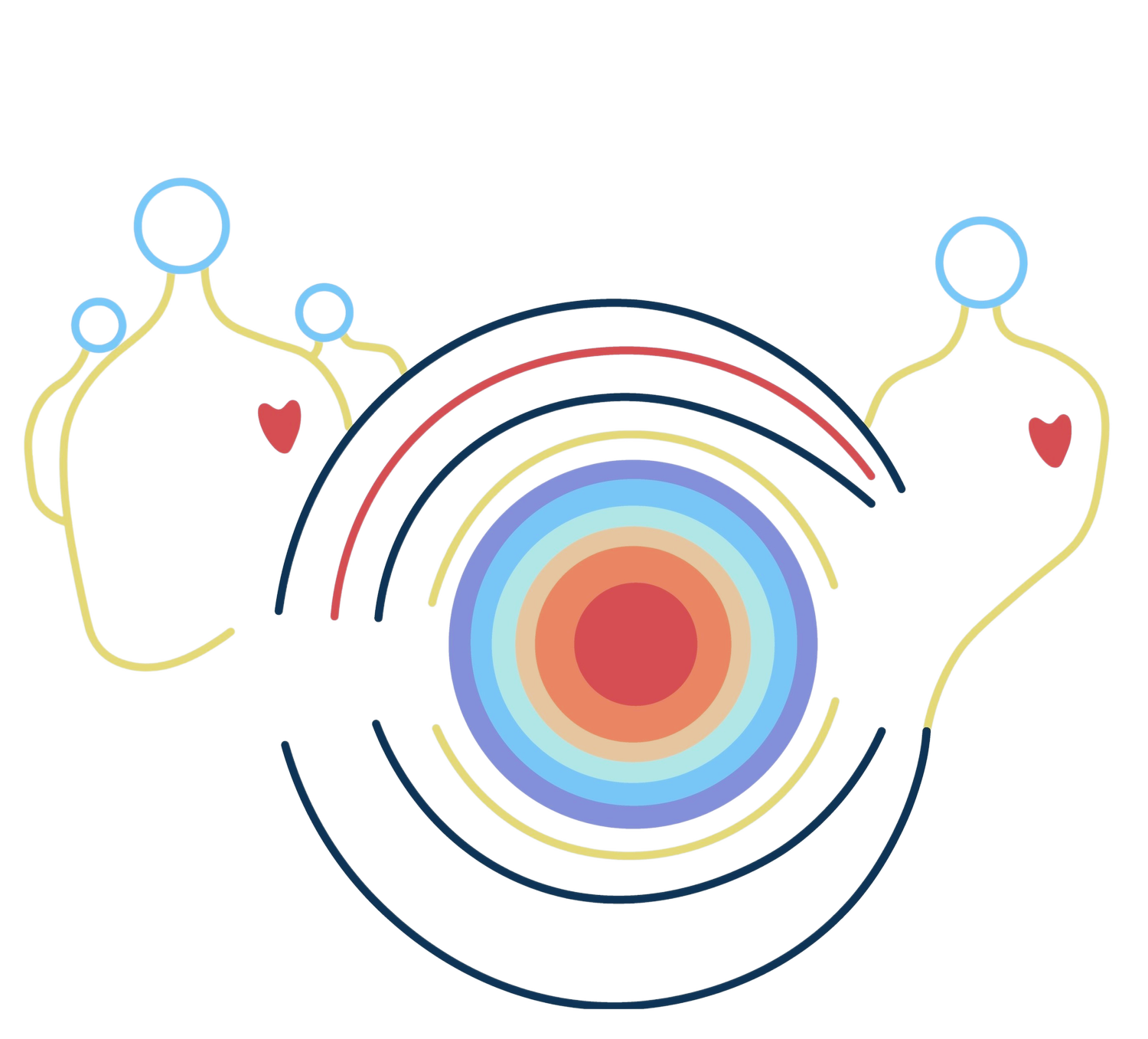reflexivity - my journey continues
As I continue to grow in my personal and professional journey, I have found deep reflexivity very helpful in deepening my understanding and putting my growing knowledge into practice. The gains of expanding my capacity to recognize my own identity, social position, and relative implications not only enrich me personally, but benefit my interpersonal relationships and those I serve as a social worker given an increased ability to understand their perspectives and experiences.
I am of French Canadian and European ancestry. These aspects of my identity are crucial to my worldview, values, perspective, and the privileges of my social position. How do these aspects of identity impact my approach to people, situations, and what are the consequences? These questions have become increasingly significant to me through my career, and in reflection of my previous career as a child protection worker.
As I have practiced deeper reflexivity, I have increased my awareness of not only how I may have unwittingly done so due to biases, but also how service recipients may have experienced transference in relation to my privileges and position of authority. Ultimately, the lens of identity necessitates that we develop our awareness of our internal state – both generally and in relation to specific situations. For instance, I was raised in an environment embedded in colonial values and thriving within capitalism. As a member of several privileged groups, I recognize that my identity influences my practice in ways that I am not yet aware of, and that ethical practice necessitates that I develop this reflexivity.
Although uncomfortable, we must recognize the authority and power inherent within social services, where most social workers are employed. When exploring the impacts of colonial systems prioritizing Whiteness, we can clearly see the structural oppression linked to intersectionality and the impacts on marginalized groups both historically and in present day. Given that most social workers are employed within human services, we must consider the ways in which such work exemplify institutional violence. These considerations are uncomfortable and challenging as individuals who genuinely seek to help and support – but without genuinely questioning our beliefs, approaches, and the realities of societal structures we cannot effectively fulfill this desire.
The loss of innocence that accompanies such suspicious introspection is understandably unappealing for people whose identities are deeply connected to their status as ‘helpers’ and professionals. Throughout my career as a social worker, I have prided myself on striving not to be a cog in the wheel but have so often been exactly that. Development of my awareness has demonstrated very clearly that I can only do my best with the information I have at any given time. This knowledge drives me to continue learning, expanding my understanding, developing my worldview, and striving to ensure that those I serve are at the center of my practice.
Awareness is not sufficient – what now? I must continue my journey of decolonizing myself and developing my worldview. Further, I must put my values into practice and commit to social work ethics, including social justice. To do this effectively, I must recognize my inherent privileges and seek to learn, understand, and be prepared to respond helpfully to requests from equity-seeking groups. I must actively seek to lend my voice and follow the lead of others, given that my social position has afforded me privileges that have shielded me from the experiences of individuals, families and communities that are targeted by institutional violence.
I am grateful for the opportunity to continue this journey in general and, specifically, in relation to the Child Welfare Truth-Telling Collective.
